Troubled movies that were delayed by huge Hollywood legal battles
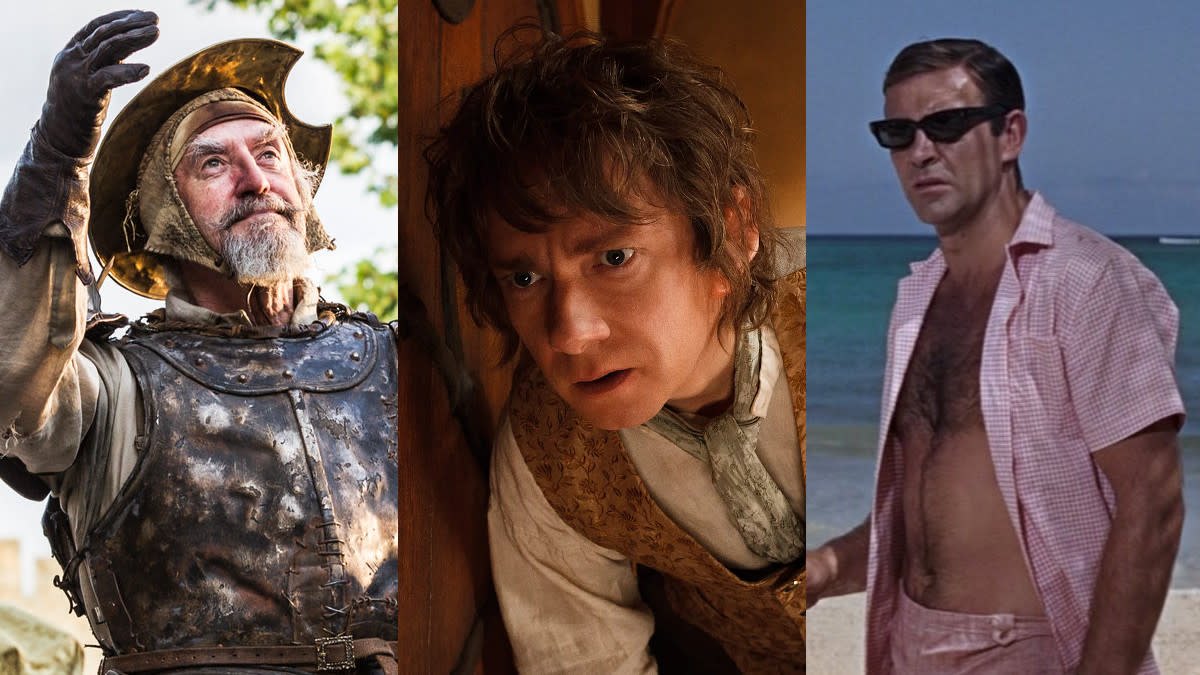
The course of Hollywood seldom runs smooth and, with millions of pounds on the table, it’s no surprise that the movie business has seen its fair share of legal battles.
Sometimes, films find themselves trapped in no man’s land while studios, filmmakers and actors fight it out over cash, creative control and just about everything else in between.
Big blockbusters have occasionally been beached for years as a result of behind-the-scenes squabbles, while numerous smaller projects have found themselves scuppered under a mounting pile of red tape.
Mad Max: The Wasteland
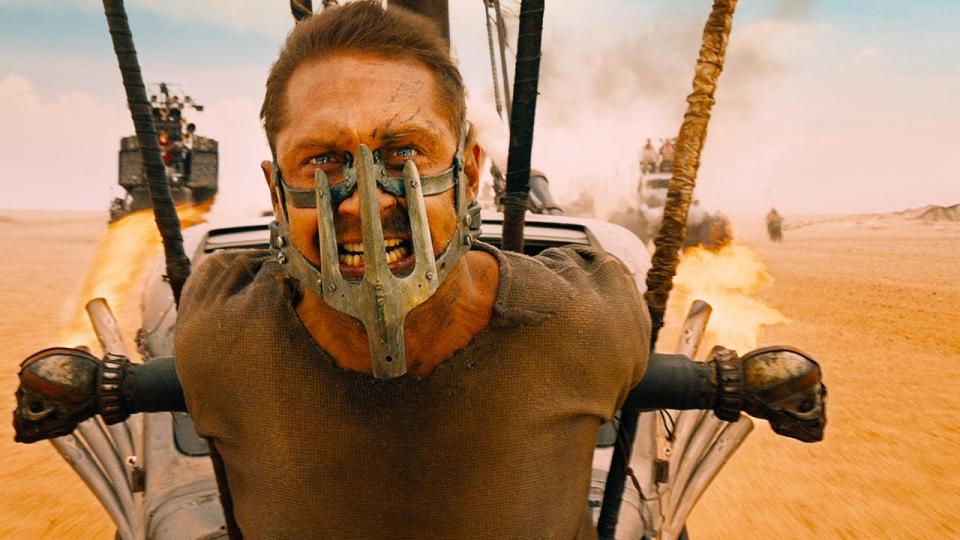
2015’s Mad Max: Fury Road reinvigorated director George Miller’s franchise with a dose of blazing sunlight and the odour of exhaust fumes. Very quickly, Miller expressed his desire to return to the world of Tom Hardy’s Max and he soon announced he had written a script for a follow-up, provisionally subtitled The Wasteland.
Read more: Delayed action sequels that were worth the wait
However, the project hit a bump in the road when Miller sued Warner Bros for refusing to pay a bonus he said had been agreed if Fury Road came in under budget. The studio said the agreed budget had been exceeded, but Miller claimed this was a result of the studio’s actions and not his own. With disputes over whether the case would be arbitrated in California or Miller’s native Australia, the process was slow.
But in 2018, Miller suggested in an interview that the “dust seems to have settled” on the Warner Bros front. The director’s Fury Road prequel, Furiosa: A Mad Max Saga, is set to be released on 24 May 2024 — but The Wasteland has still yet to surface. “If Furiosa does well enough and we’ve got the appetite for it, we’ll move forward,” he told Digital Spy. “But at this point, it’s way too early.”
The Hobbit
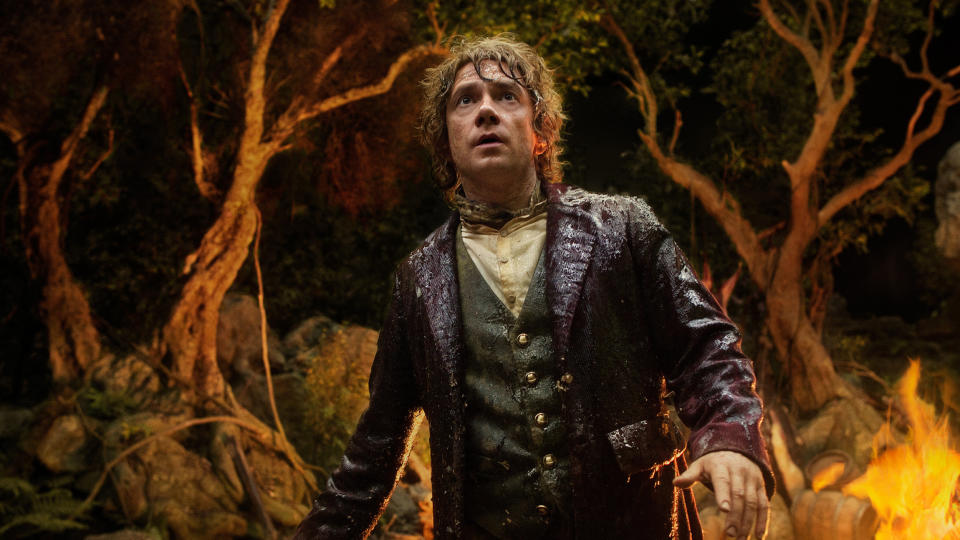
After the monster success of the Lord of the Rings trilogy, it was a no-brainer for Warner Bros to go back and adapt The Hobbit, set 60 years before the events of The Fellowship of the Ring. But the project was legally plagued from the start, with Rings director Peter Jackson filing suit against New Line Cinema in 2005, claiming lost revenue from merchandising and video games attached to the trilogy he had helmed.
New Line’s co-founder Robert Shaye responded angrily, claiming Jackson would never work for the studio again. By the summer of 2007, Shaye attempted to rebuild the relationship and Jackson was attached as a producer, but not director. Guillermo del Toro was brought in to helm what was then designed as a two-part adaptation and got to work developing his vision for Middle Earth.
In 2009, the Tolkien Estate filed a lawsuit of their own, alleging that New Line had not paid them an adequate share of the franchise profits, blocking the progress of The Hobbit. The eventual settlement was undisclosed, but the Tolkien Trust’s accounts from the time showed they received a £24m payment from New Line.
The continued legal delays — as well as financial troubles at New Line’s co-producers MGM — effectively forced Del Toro off the project. Del Toro described his departure from The Hobbit as “the hardest decision of my life”. In October 2010, Jackson was confirmed to take up the vacant director’s chair and he would go on to helm three Hobbit movies, released annually between 2012 and 2014.
Thunderball
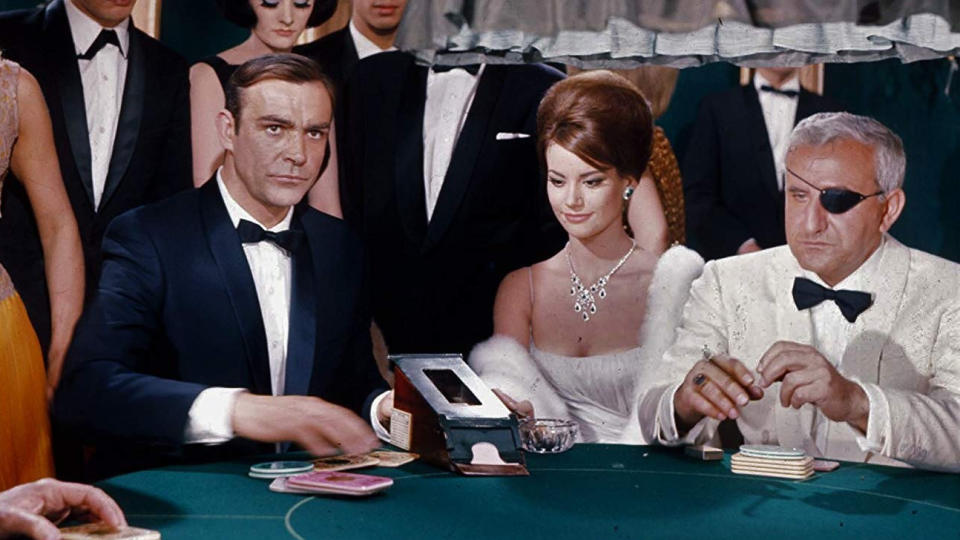
One of the most famous legal disputes in Hollywood history raged around the rights to the James Bond adventure Thunderball. The project was initially planned as the first cinema outing for Ian Fleming’s superspy, but hit the rocks due to ongoing plagiarism action against Fleming by filmmaker Kevin McClory.
McClory had been introduced to Fleming at the tail end of the 1950s and the pair collaborated on a possible movie starring Bond. The idea that would become Thunderball was born of meetings between them and McClory drafted several different potential scripts alongside writer Jack Whittingham, before the relationship between he and Fleming soured. Fleming published Thunderball as a novel in 1961 and McClory immediately filed for an injunction to prevent it hitting the market. The book went out, but the case continued and Fleming settled with McClory in 1963, nine months before the author’s death.
Read more: Johnny Cash’s Thunderball and other rejected Bond themes
As part of the settlement stipulated that McClory retained certain rights to the story, Bond movie production company Eon feared he would film the book himself. As the franchise had become a cash cow since Dr. No debuted in 1961, they quickly made a deal with McClory to give him and Whittingham credits on a movie version. It was ultimately released in 1964.
McClory would eventually lure back Sean Connery for his own take on the material. Despite protests from Eon and the Fleming estate, unofficial Bond adventure Never Say Never Again landed in cinemas in 1983. In the 1990s, McClory would try to claim that he was the co-author of the cinematic take on James Bond, seeking fees for all of the previous films. This case was thrown out.
The Man Who Killed Don Quixote
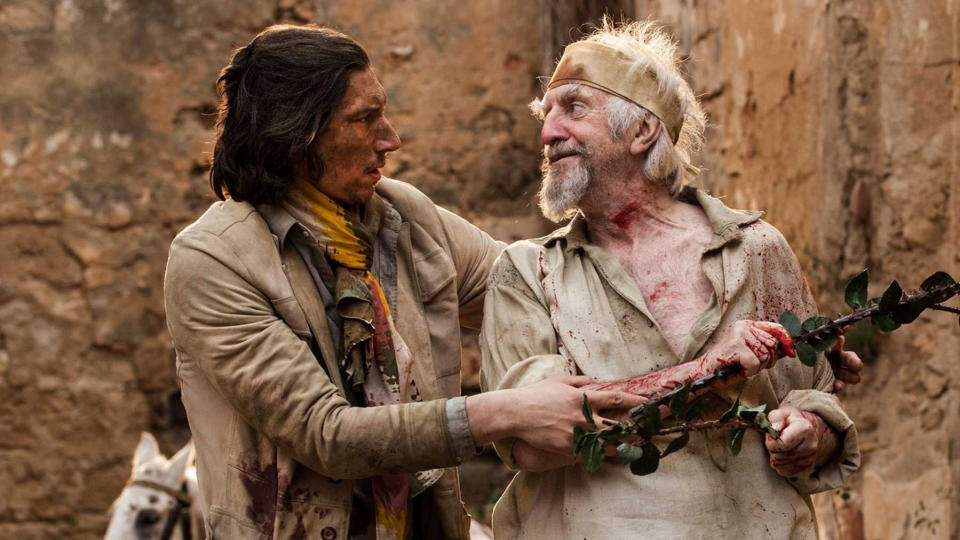
It’s widely known that Terry Gilliam’s The Man Who Killed Don Quixote had a winding, 30-year path to the big screen. In fact, by the time legal issues reared their head, the Monty Python comic had already tried and failed to make the movie once — as documented in the film Lost in La Mancha.
After that aborted production in 2000, the film’s investors filed an insurance claim and, as a result, the rights passed into the hands of the insurance companies. It took six years for the rights to find their way back into the hands of Gilliam and co-writer Tony Grisoni and they repeatedly tried to make the movie happen, despite difficulties with casting, financing and clashes with producers. In June 2017, Gilliam announced that filming was finally complete.
At that same time, however, former producer Paulo Branco resurfaced. He had backed a version of the film planned for 2016 and claimed he still owned the rights, pledging to block the movie from release. This battle raged through the courts and threatened the movie’s Cannes Film Festival premiere in May 2018, which was ultimately allowed to go ahead. Amazon Studios, however, pulled out of distributing the movie.
The Paris Court of Appeal ultimately ruled in Branco’s favour, with Gilliam retaining the rights but forced to pay a settlement to the producer. It would take until March 2019 for the film to receive a US release, and it hit UK cinemas in January 2020.
A Rainy Day in New York
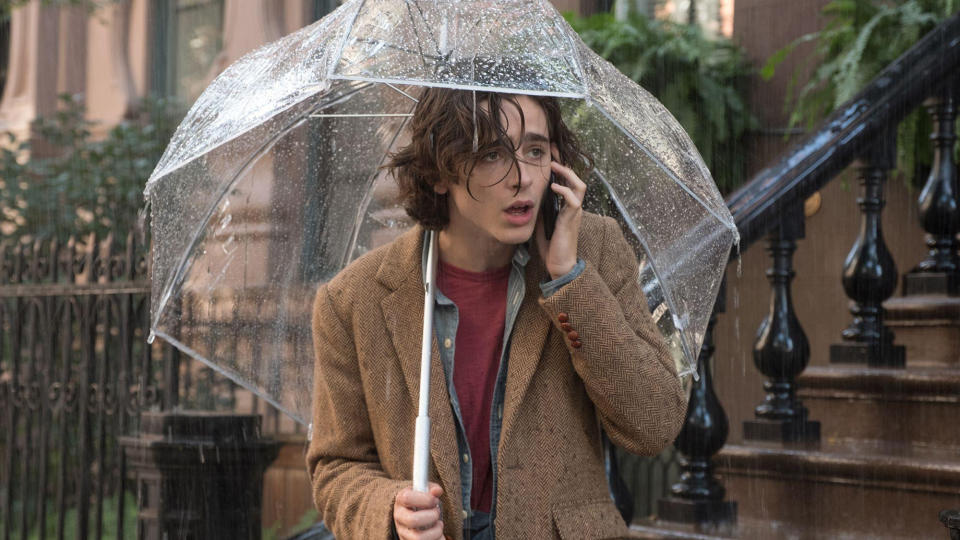
Woody Allen shot rom-com A Rainy Day in New York in the autumn of 2017, with man of the moment Timothée Chalamet starring alongside Elle Fanning, Selena Gomez and Jude Law. The film’s production coincided with the birth of the #MeToo movement and a renewed interest in the sexual assault allegations made against Allen by his adoptive daughter Dylan Farrow in the 1990s. Multiple actors claimed they regretted working on the film, with Chalamet and Gomez donating their salaries to organisations including Time’s Up.
Amazon pulled out of distributing the film and, in February 2019, Allen filed a massive £52m lawsuit alleging breach of contract against the studio, with which he had a four-picture deal. Ultimately, both parties filed a joint notice to dismiss the case and the rights to the film were handed back to Allen. A Rainy Day in New York was eventually released digitally in 2020 — and received negative reviews.
London Fields
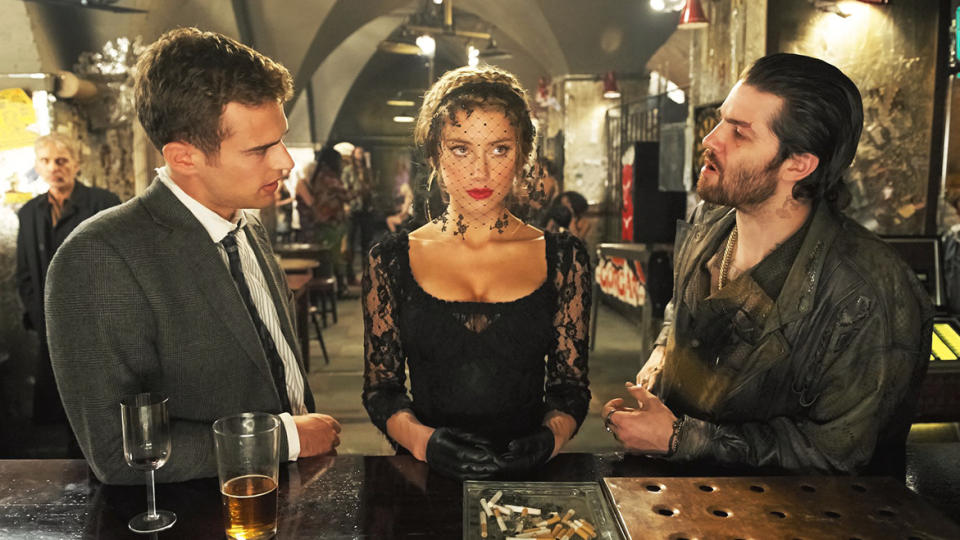
Shot back in 2013, this Amber Heard-starring adaptation of the Martin Amis novel was set to debut at the Toronto International Film Festival in 2015. The film’s director Matthew Cullen sued the producers, accusing them of producing a cut with which he did not agree. TIFF pulled the movie as a result and distributor Lionsgate followed suit. Meanwhile, the producers counter-sued Cullen for breach of contract, accusing him of delivering the film late and over-budget, as well as attempting to scupper its release.
The producers also sued star Amber Heard for refusing to perform in nude scenes, as well as neglecting promotional duties that were written into her contract. Heard responded with a suit of her own, claiming a nudity clause in her contract was violated. The two parties eventually settled in 2018.
When London Fields did finally arrive, it did so to terrible reviews and historically poor box office. Maybe it was better left on the shelf.
Margaret
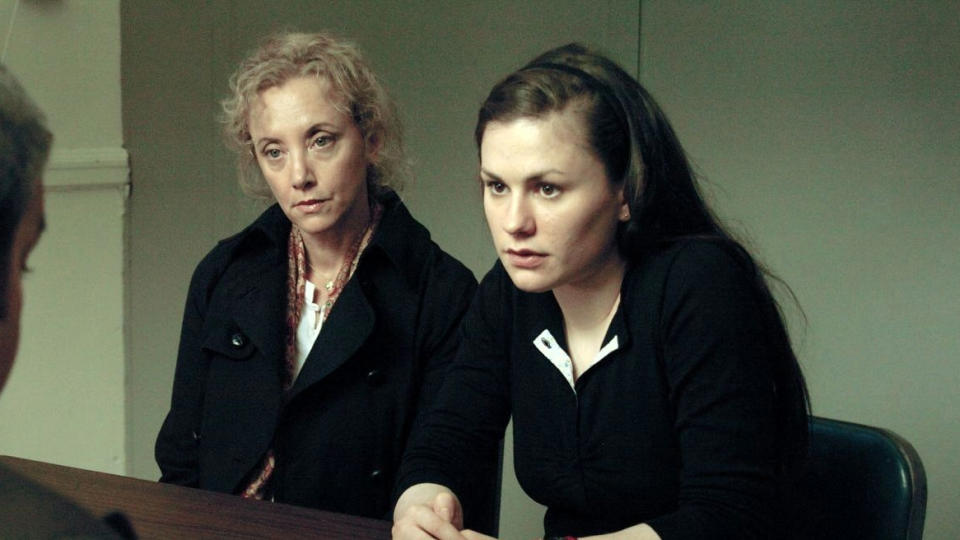
Kenneth Lonergan’s thriller Margaret was shot in 2005, but didn’t make it into cinemas until 2011. Needless to say, there were a lot of legal barriers in its way. Lonergan had been told he could have final cut of the film, provided it clocked in at less than 150 minutes. When the director turned in a cut that ran to more than three hours, problems arose.
What followed was a tangled web of lawsuits and legal wrangling that threatened to consign the movie to the dustbin of history. Producer Gary Gilbert was reportedly unhappy with what Lonergan had delivered and, according to the director, started trying to cut his own version of the film. At one point, Martin Scorsese even had a go at putting something together. It wasn’t until 2011 that Searchlight Pictures finally got a version worthy of release.
Lonergan, in 2012, said he was “truly happy” with the way everything eventually panned out. A dismissal request in the courts in 2014 finally brought an end to a saga that, ultimately, didn’t really benefit anyone. At the box office, the movie made just $565,000 (£439,000) from a reported $14m (£11m) budget.

 Yahoo Movies
Yahoo Movies 
